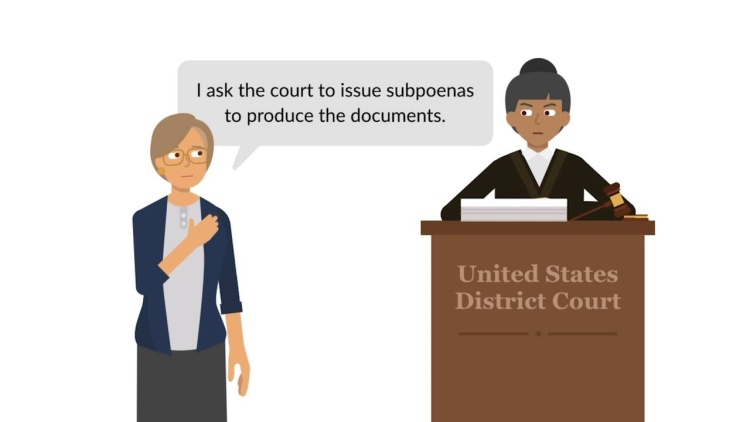Morrison v. Olson
United States Supreme Court
487 U.S. 654, 108 S. Ct. 2597, 101 L. Ed. 2D 569 (1988)
- Written by Susie Cowen, JD
Facts
Congress passed the Ethics in Government Act of 1978 (the act). Title VI of the act permitted a court called the Special Division to appoint an independent counsel to investigate and prosecute certain high-ranking government officials for violations of federal criminal laws upon request by the attorney general. The independent counsel could terminate the position when the investigation or prosecution was complete. Additionally, the act gave the attorney general sole removal power of an independent counsel “for good cause.” Independent Counsel Alexia Morrison (plaintiff) was appointed to investigate possible obstruction of congressional investigations by Department of Justice officials (defendants), including allegations of misconduct and providing false or misleading testimony to a congressional subcommittee by Solicitor General Ted Olson (defendant). When Morrison requested that the federal court issue subpoenas requiring production of withheld Environmental Protection Agency documents, Olson moved to quash, claiming the act’s independent-counsel provision was unconstitutional. Olson argued that the act violated separation-of-powers principles. The district court denied the motion to quash, declared the act constitutional, and held Olson in contempt for not complying with the subpoenas. A divided court of appeals reversed, holding that an independent counsel is a principal officer, rather than an inferior officer, and thus the act violated the Appointments Clause of Article II of the Constitution. Morrison appealed to the United States Supreme Court.
Rule of Law
Issue
Holding and Reasoning (Rehnquist, C.J.)
Dissent (Scalia, J.)
What to do next…
Here's why 904,000 law students have relied on our case briefs:
- Written by law professors and practitioners, not other law students. 47,100 briefs, keyed to 995 casebooks. Top-notch customer support.
- The right amount of information, includes the facts, issues, rule of law, holding and reasoning, and any concurrences and dissents.
- Access in your classes, works on your mobile and tablet. Massive library of related video lessons and high quality multiple-choice questions.
- Easy to use, uniform format for every case brief. Written in plain English, not in legalese. Our briefs summarize and simplify; they don’t just repeat the court’s language.





